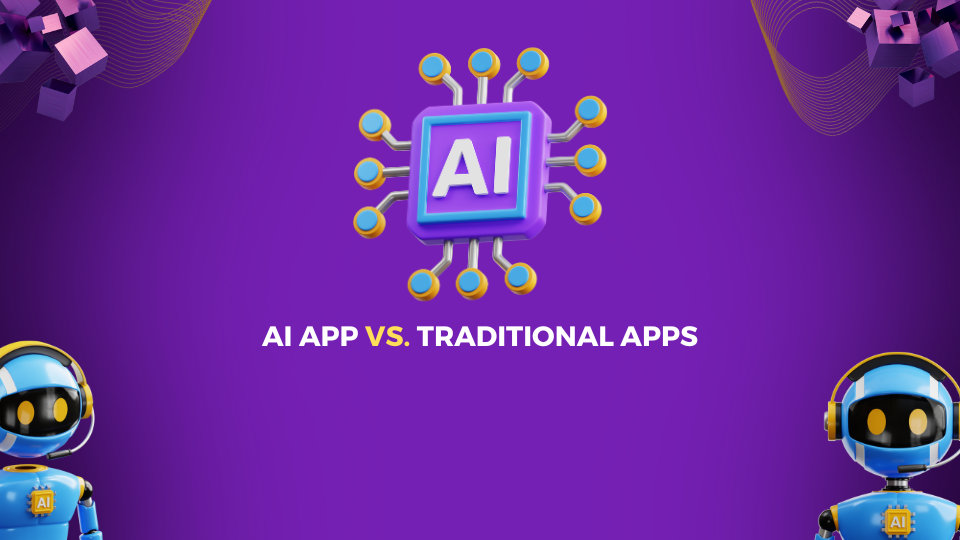Artificial Intelligence (AI) has become an integral part of our lives in the age of rapidly advancing technology. From virtual assistants to recommendation systems, AI applications have made our daily tasks more efficient and personalized. However, with great power comes great responsibility, and optimizing AI app performance is crucial to ensure these applications deliver their best. In this article, we will explore the various strategies and techniques to enhance the performance of AI apps, making them faster, more accurate, and more efficient.
Understanding the Basics of AI App Performance
Before delving into optimization techniques, let’s establish a solid foundation by understanding what AI app performance entails. Here, we will explore the key concepts and metrics associated with AI performance.

Optimizing AI App Performance
What is AI App Performance?
AI app performance refers to the ability of an AI-powered application to execute tasks efficiently, accurately, and within a reasonable time frame. It encompasses several critical factors: speed, accuracy, resource utilization, and scalability.
Key Metrics for Measuring AI App Performance
To gauge the performance of an AI application effectively, one must consider various metrics:
Accuracy
Accuracy measures the correctness of the AI app’s predictions or decisions. High accuracy is essential, especially in applications like medical diagnosis and autonomous vehicles.
Speed
Speed refers to the time the AI app takes to process data and generate results. Faster execution leads to a better user experience.
Resource Utilization
Efficient resource utilization ensures the AI app doesn’t consume excessive computing power, memory, or storage.
Scalability
Scalability is crucial for AI apps to handle increased workloads without compromising performance.
Strategies for Optimizing AI App
Now that we understand performance let’s explore optimization strategies.
Data Quality and Preprocessing
High-quality data is the lifeblood of AI applications. To optimize performance, ensure your data is clean, relevant, and well-preprocessed.
Algorithm Selection and Tuning
Choosing suitable algorithms and fine-tuning them can significantly impact performance. Experiment with different algorithms to find the best fit for your application.
Hardware Acceleration
Leverage hardware acceleration, such as GPUs and TPUs, to expedite computation and enhance speed.
Distributed Computing
Implement distributed computing to handle massive datasets and complex computations efficiently.

Important factors in optimizing apps
Model Optimization
Optimize your AI models by reducing their complexity without sacrificing accuracy. Techniques like model pruning and quantization can be beneficial.
Caching and Memoization
Use caching and memoization techniques to store and reuse intermediate results, reducing redundant computations.
Parallelism and Concurrency
Implement parallelism and concurrency to execute multiple tasks simultaneously, improving overall app performance.
Monitoring and Profiling
Regularly monitor and profile your AI app to identify performance bottlenecks and areas for improvement.
The Importance of Continuous Testing
Optimizing performance is an ongoing process. Continuous testing and optimization are essential to adapt to changing data patterns and user demands. Keep these points in mind:
1. Regularly update your AI models with new data to maintain accuracy.
2. Monitor user feedback and adapt your app based on user preferences.
3. Stay informed about the latest advancements in AI technology to implement cutting-edge improvements.
Conclusion
In conclusion, optimizing AI app performance is vital to ensure that these applications continue providing users value. By focusing on data quality, algorithm selection, hardware acceleration, and continuous testing, you can unleash the full potential of your AI app. Remember that the optimization journey is ongoing, and staying proactive is critical to staying ahead in AI.
Read more: AI Apps vs. Traditional Apps: Revolutionizing the Future of Technology.
Read more: 10 Key Benefits of AI APP for Business.




